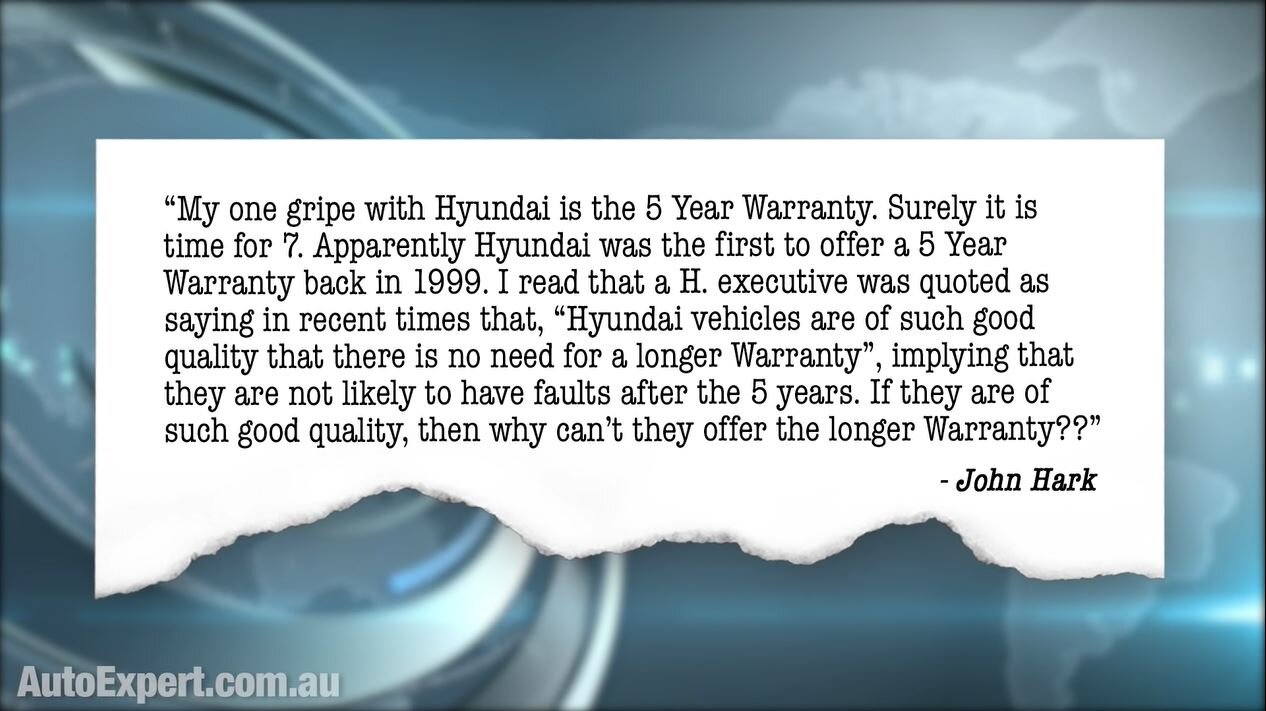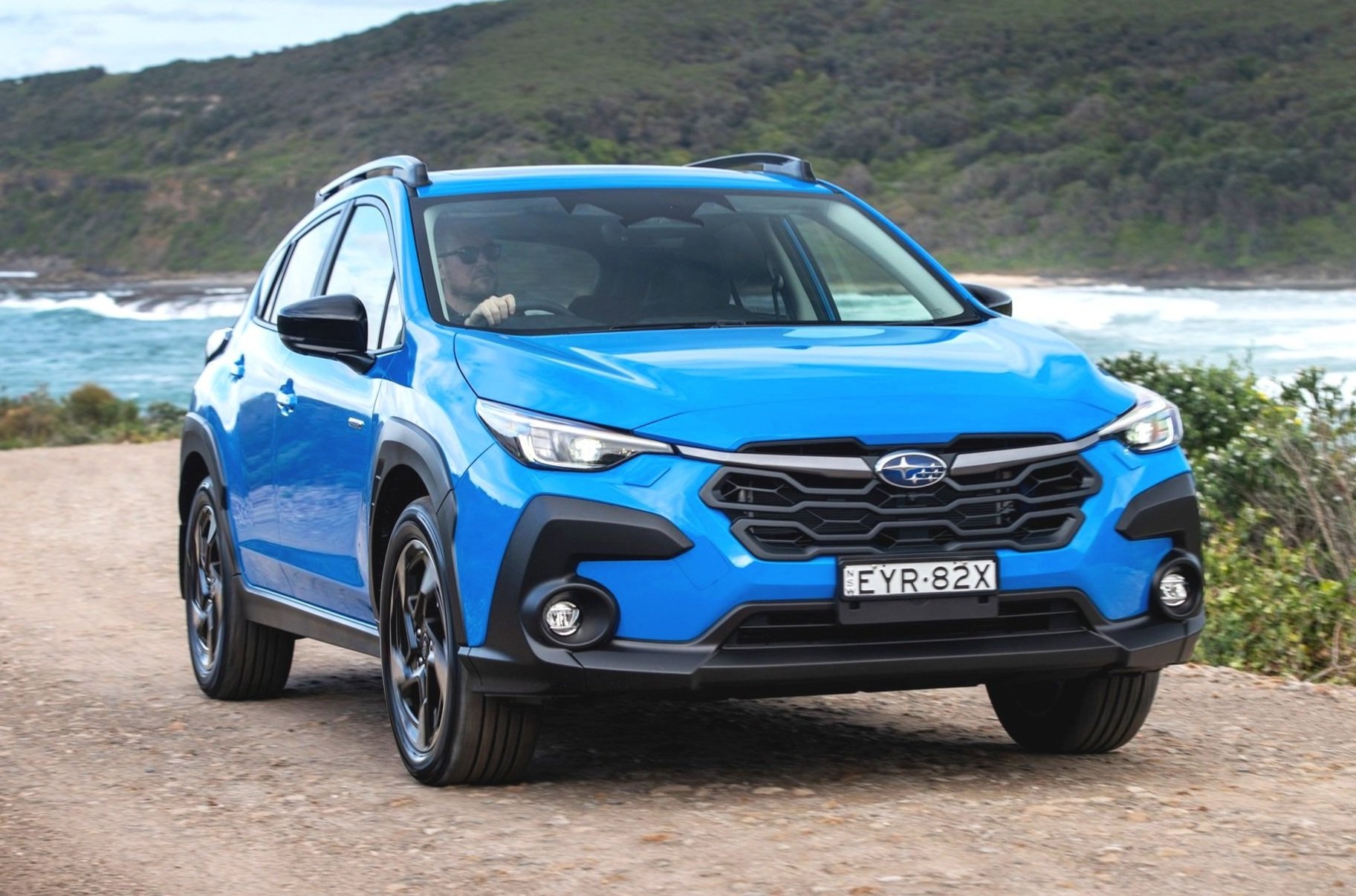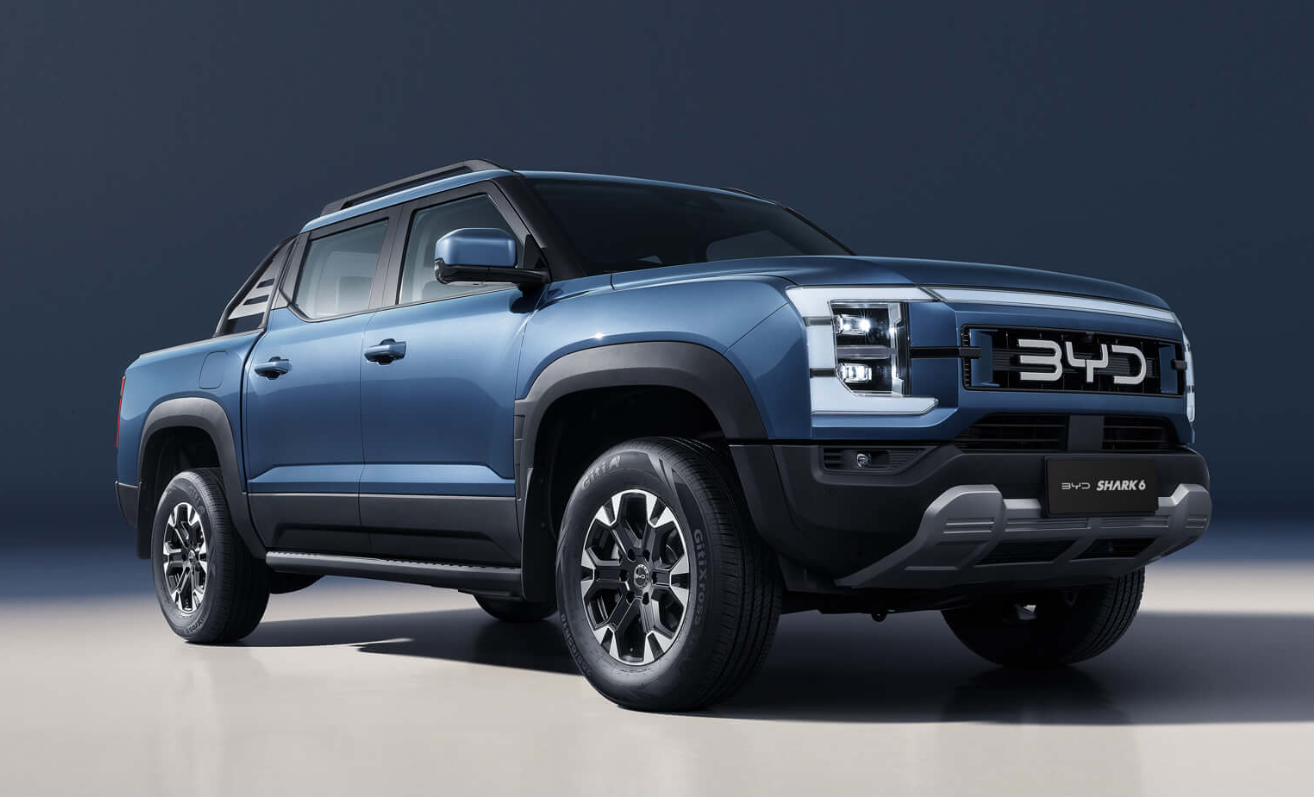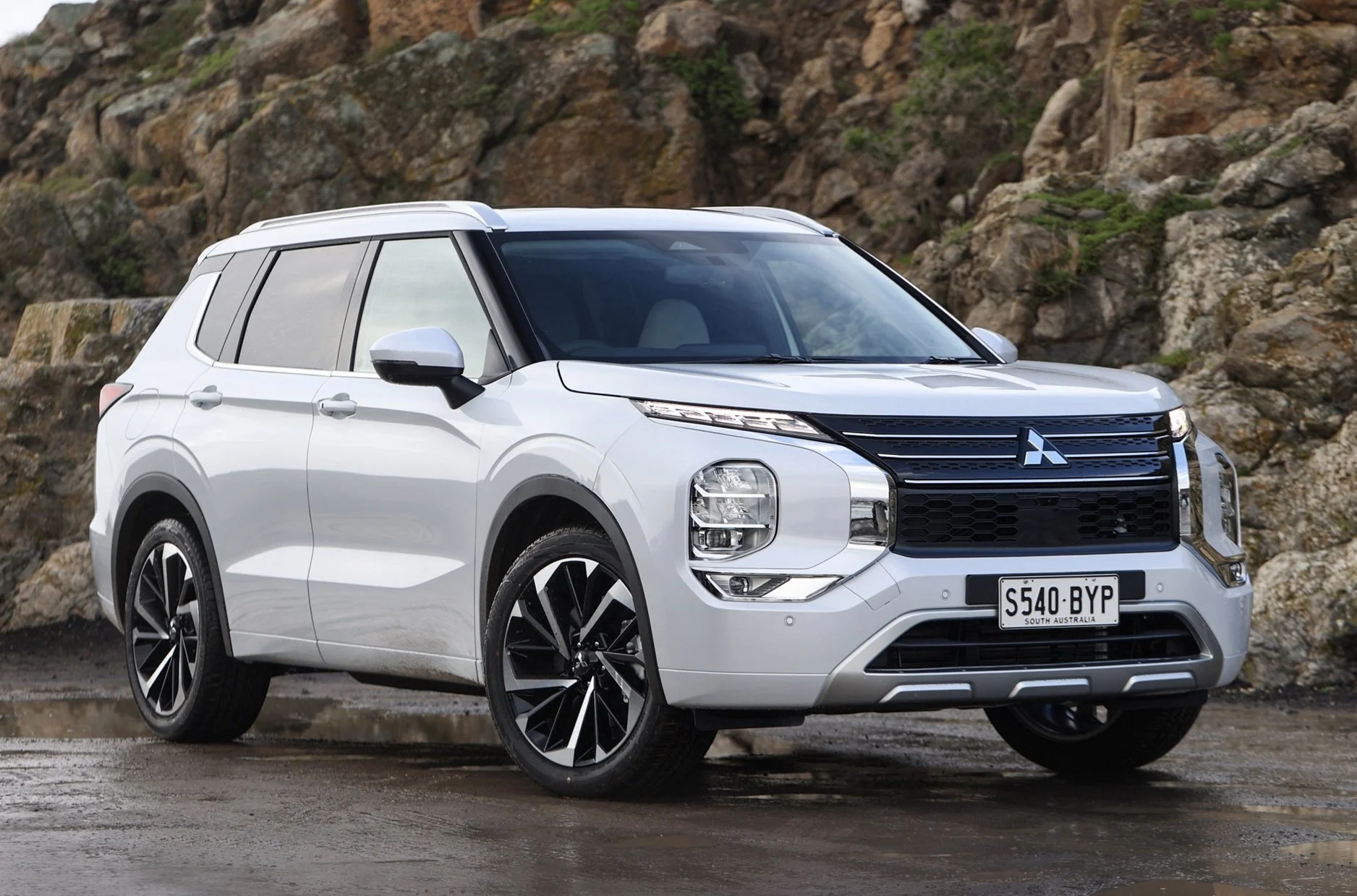New car warranty doesn't matter: Only customer support does
Warranty is not important when buying a car in 2021 and beyond. Let’s discuss why customer support is the key buying criteria…
If you’re in the market for a new car, it’s important to understand the carmaker you’re getting into bed with as a consumer, because how they treat you outweighs the number on the warranty.
I reported recently on the Kia Carnival versus Hyundai Staria >> for anybody looking intently for a new eight-seat people mover. This raised further query with some of you regarding warranty periods.
There's a very good reason I name and shame the brands that treat consumers like rubbish, and why I celebrate those brands which do the right thing by you.
While some car brands have adopted Kia’s benchmark seven-year warranty period, most are still stuck at five years, and that’s causing people like John Hark to compare apples:
He goes on…
This is a very good point to raise - many people do take warranty periods very seriously (that’s good, at least you’re paying attention), and it’s very pleasing to see consumers arming themselves with knowledge of their rights and also the terms under which they’ve bought a car. All good.
And I get it, I understand why warranty is vitally important to many of you.
Lots of people are concerned over shopping between cars for the longer warranty and I’m going to upend that notion.
Warranty doesn’t matter anymore, and it hasn’t really mattered for 10 years now, in Australia. On January 1st, 2011, a new raft of legislation took effect which meant that warranty wasn’t the overriding priority, legally, for a consumer.
Instead of the bad old days, where the warranty duration expired and the carmaker was able to simply turn you away the moment you had a problem, or charge you to fix it, what happens now is the dealer is legally required to help.
It’s all thanks to Australian Consumer Law and the term known as ‘Consumer Guarantees’ and the provision of ‘acceptable quality’. What it essentially means is goods and services need to be reasonably durable. Read the Consumer Guarantees here >>
If you buy a toaster, or a watch, the latest iPhone or tablet, a 200-inch ultra-awesome OLED TV with the official Dolby Digital Doof Doof Sound System, or a car (from a Kia to a Koenigsegg, a Nissan Micra to a McLaren Senna), it is covered by Australian Consumer Law and must perform as designed and advertised by the manufacturer.
And the manufacturer’s warranty must not override the warranty. But there are some caveats…
USEFUL LINKS FOR SMART CONSUMERS
New car lemon protection: This free consumer hack could save you >>
The top 5 lessons to know about 2021 new-car shortages >>
How to cancel a new car deal with minimal financial pain >>
New car stock shortages: Discounting? What should you do? >>
My AutoExpert AFFORDABLE ROADSIDE ASSISTANCE PACKAGE
If you’re sick of paying through the neck for roadside assistance I’ve teamed up with 24/7 to offer AutoExpert readers nationwide roadside assistance from just $69 annually, plus there’s NO JOINING FEE
Full details here >>
Understand how consumer law does - and doesn’t - work for you
A product has to match the durability expectations of a reasonable consumer, which isn’t defined or specified in the legislation.
But for a car at least, it seems consumer tribunals are all leaning towards about 10 years and 150,000 kilometres in terms of what they will assess as a reasonable durability standard for normal consumers.
If there’s a major failure, which against isn’t defined in detail, you’ll have a legal leg to stand on providing the vehicle hasn’t been abused, it’s been serviced regularly and on time as per the manufacturer’s specifications, and there’s no dodgy history going on.
If you drive the vehicle normally, you service it on time and suddenly, seven years down the track, the transmission explodes. The hypothetical carmaker or their representative dealership might try to brush you off and say it’s out of warrranty and will cost you $10,000.
But if push comes to shove, they will probably have to repair it, replace it, fit it for free, because of the legislation.
However, the problem is not all carmakers are equal when it comes to their underlying philosophy. But basically this Australian Consumer Law means is warranty is essentially irrelevant (subject to those mandated servicing and normal driving caveats). And Consumer Law (AKA legislation) always trumps warranty.
If you park your ute in the incoming tide and it rusts away, that’s owner abuse. If you drive your 4WD through a really deep river, above the officially rated wading depth, and you suck water into the engine, transmission or differential, that’s not warrantable. If you fail to service your vehicle for two years, you’re going to be unhappy when the dealer denies a warranty claim for any feasibly connected component failure.
But if you’ve been good, then that failure is covered by Australian Consumer Law.
Except if you have to deal with a carmaker which sees Consumer Law as optional.
Some carmakers are highly receptive to doing the right thing by their customers and maintaining their reputation among the public.
Some carmakers want to do the right thing, some want to do what looks right in the public eye, others want to do both, and a few just want to see what they can get away with.
But there are some carmakers that simply do their best to avoid your problem, ignore it completely, or simply try to shut you up by making you sign non-disclosure statements, threatening you with legal action, or deploying solicitors and taking you straight to court.
Mercedes-Benz Australia is the supplier of poorly built vehicles, in my view, with matching customer care culture to match. That company’s default position, as far as I understand, is that customers with legitimate complaints - like crabbing right-hand drive CLA SUVs >> or the Comand Online system they cancelled >> for example - is to ignore you and take your money.
The reason these brands can get away with this, is because the regulatory apparatus, which is largely managed by the ACCC (federally) and by the consumer tribunals (state level) is asleep at the wheel. It can cost you thousands of dollars just to ‘win’.
You only need to look at the case of Sally Morphy, who stood up to Land Rover for her shitbox Range Rover Sport, and took them on. This vehicle was an utter dog. So she took Land Rover to court where the judge found in her favour and ordered the dealer to refund her $283,000, plus Jaguar Land Rover Australia to pay her legal costs of $134,000.
That kind of legal cost is a far too high hurdle for most people to afford. And typically, in Consumer Law, each party bears their own costs, and in order for the court to find the carmaker needs to pay the consumer’s legal fees, the carmaker has to behave in a truly reprehensible manner.
Land Rover and Mercedes-Benz are just two easy examples. I could go on: Volkswagen/Audi, Nissan, Ford.
Which brands couldn’t care less?
This is my central argument for customer care. A consumer should not have to roll the dice going to court just to get what they’re legally required under consumer law.
Pressing a giant corporate carmaker with these consumer laws really is inaccessible to ordinary people like you, who just want a decent vehicle to ferry the kids in or take you to work.
But you can wield consumer guarantees if you encounter push-back at the dealership, if you’re confident and know what you deserve - and you have the fallback position of going public if they really try to bend you over.
Instead of worrying about the warranty, do your research and find out which carmaker brands are going to look after you, ask which brands will do the right thing and help you, rather than fob you off and leave you for dead, metaphorically.
It astounds me that the bar of consumer support excellence in Australia, with cars, is just complying with the law - even when you buy a $200,000 car.
There are brands for products out there which will break their back to make sure you get the service and support you deserve if their product fails. I demonstrated this auto industry customer care joke in 2020 >>, if you’re new to my reports.
Compliance with the law shouldn’t be excellence, it’s supposed to be the price of admission to commercial reality. And the ACCC allows this to be the case, which is disgraceful.
And the accessibility to recourse is out of reach, financially, because the million-dollar carmaker or dealer can simply outspend the consumer.
This is why I recommend buying a Hyundai, a Kia, a Subaru, a Toyota or a Lexus, it’s a good idea to buy a BMW - because they don’t treat you like Land Rover, Mercedes, Nissan, Volkswagen Group, Ford, Jeep / Fiat Chrysler.
This is what you need to obsess about when buying a new car - which brand will look after you if something goes wrong and you need good customer care.
A handful of carmakers are really good, a bunch are okay (like Mitsubishi, Mazda, Suzuki), and there is a list of the worst brands which routinely treat their customers with disdain.
The brand is what you get into a relationship with when you buy a car, and some brands are far riskier than others when it comes to looking after you. Don’t just fall in love on face value and based on what the warranty says.
CONSUMER CAR ADVICE QUESTIONS FROM YOU
Can I terminate the sale of a car and keep my deposit? >>
Should I seek compensation from the dealership?
Does the dealership need to repair my transmission under warranty?
How can I change my new car purchase after paying a deposit?
How do I fight the manufacturer for a new engine under warranty?



















The soft-roading Subaru Forester packs a punch, and is one of the safest, most practical and capable SUVs on sale today. It’s also a great value, nicely driving and popular five-seater - with an all-new version coming soon…